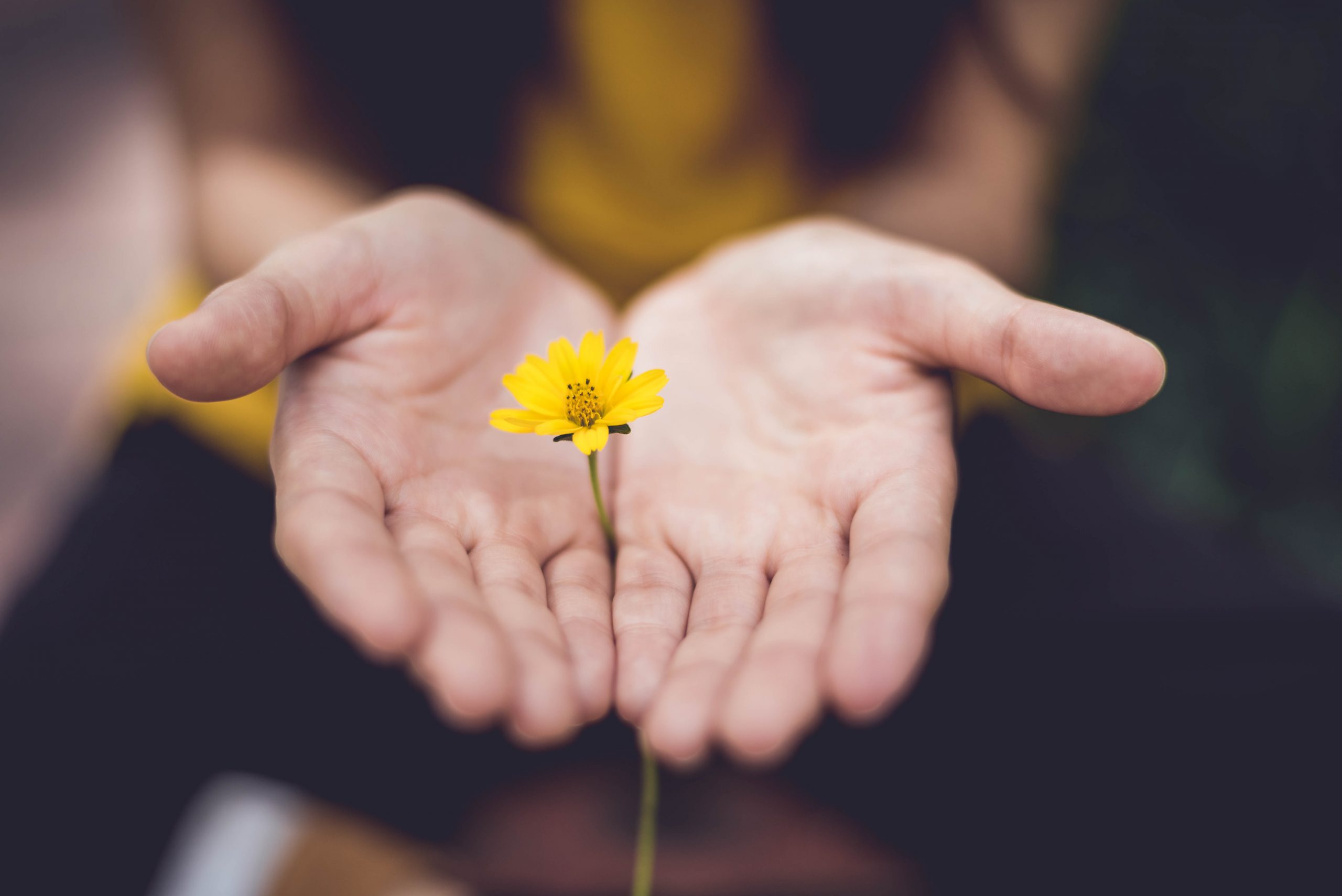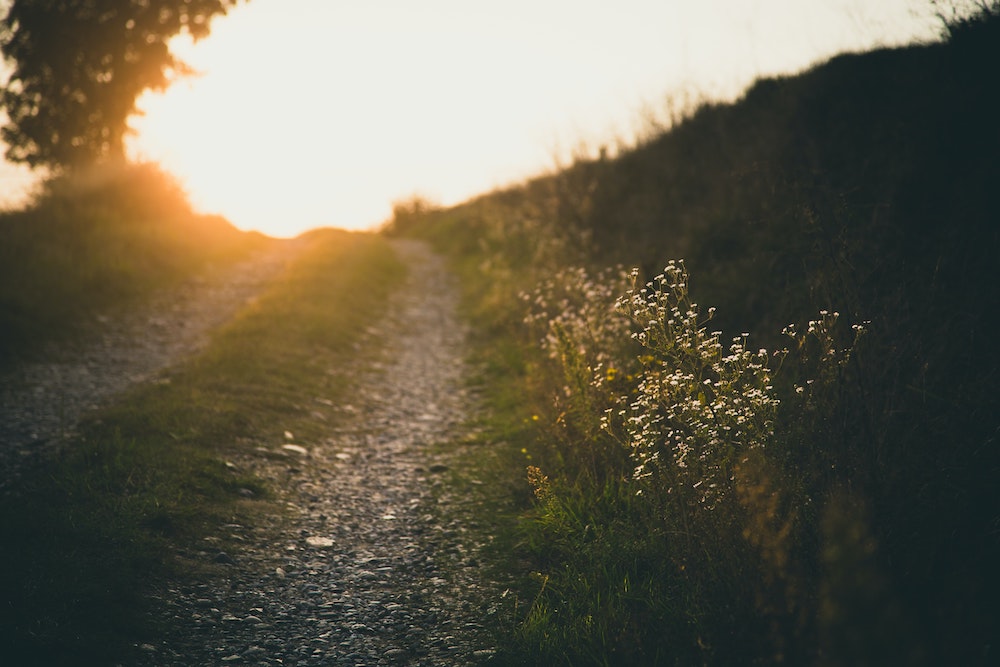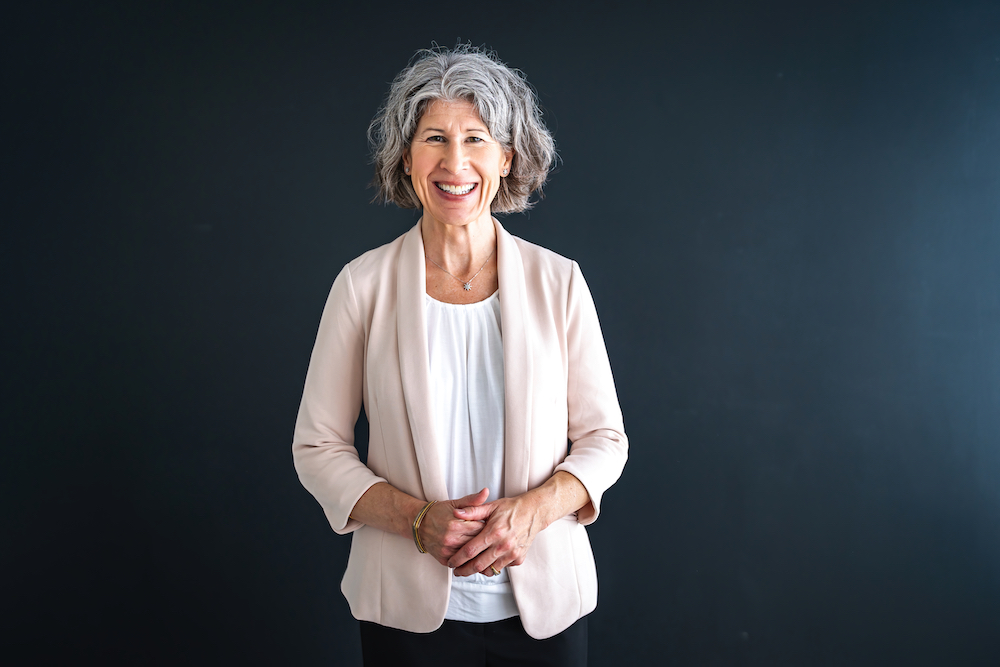What is Mindfulness?
Have you noticed how much of a day can be spent on “automatic pilot”, or wondering where the time goes in a day? Perhaps you pause and realize the many things (large and small) that you don’t remember even doing?

The truth is that many of us live much of our days unaware, mindless and distracted, and in some respects, sleepwalking through our lives. We sense on some deep level that we’re missing out…..but we don’t know what to do to make it better or to fix it.
Mindfulness is a challenge to define because it captures many aspects. Choosing to be mindful in our daily life supports us in shifting away from “auto-pilot” toward the present moment, enabling us to fully experience our lives. It’s not magical. It’s not a panacea or cure-all. It is powerful and transformational over time. An attitude of mindfulness consistently brings us back to our senses and to ourselves.
Mindfulness is essentially about being present to what is here right now, paying attention to what is actually happening in our moment-to-moment experience.

The concept of “mindful living” is simple, but in our complex and stressful culture, it is not easy! So how do we learn to become more mindful each day? With commitment, guidance and some practice. The capacity to be mindful is cultivated, slowly and steadily over time. Some effects are immediate; some slowly spill into our awareness over time.
Though it isn’t necessary to enjoy a mindfulness practice for it to be effective, many people find the practice of mindfulness to be pleasurable and calming. And even when we consider life’s events to be unpleasant and stressful, mindfulness helps us to cope effectively and authentically. It’s not a contest or an ending point and its helpful to remember that we’ll never be 100% mindful (we are human after all), but rather with time and practice, we can reduce stress, “deal” with life’s ups and downs and more fully experience our lives. Would you like that?

Here are some examples of ways mindfulness can support you (both from research and reports from my clients and workshop participants):
- Reduce stressors and the negative impact of stress that drains our energy, leaving us vulnerable to illness, depression and anxiety.
- Appreciate more moments of your life, feeling aware, not distracted by the past or future, but feeling a sense of “flow” with exactly what is happening in your life, right now.
- Manage chronic pain and illness more effectively.
- Move through difficult life change and transition…without avoiding scary feelings or “sugar-coating” reality.
- Lower feelings of anxiety and panic.
- Recover from depression and prevent depression from returning.
- Enhance your relationships with family, friends and co-workers.
- Live a healthier and “saner” life.

I offer focused courses in mindfulness, including the curriculum for the Mindfulness Based Stress Reduction program, taught for over 30 years at the University of Massachusetts Medical Center by Dr. Jon Kabat-Zinn and his colleagues.
I’ve completed teacher training at the Center for Mindfulness to be able to offer you advanced strategies and guidance for practicing MBSR.
To stay updated and learn more, please sign up for my newsletter and consider joining my Facebook page or reading the website blog, which all focus on the practice of mindfulness. In addition to receiving occasional email announcements for classes and special events, I’ll share audio programs and simple ways of bringing mindfulness into your everyday life.

Please join us and make a commitment to your life and well-being.
I welcome you and wish you well!
Dr. Lori Gray